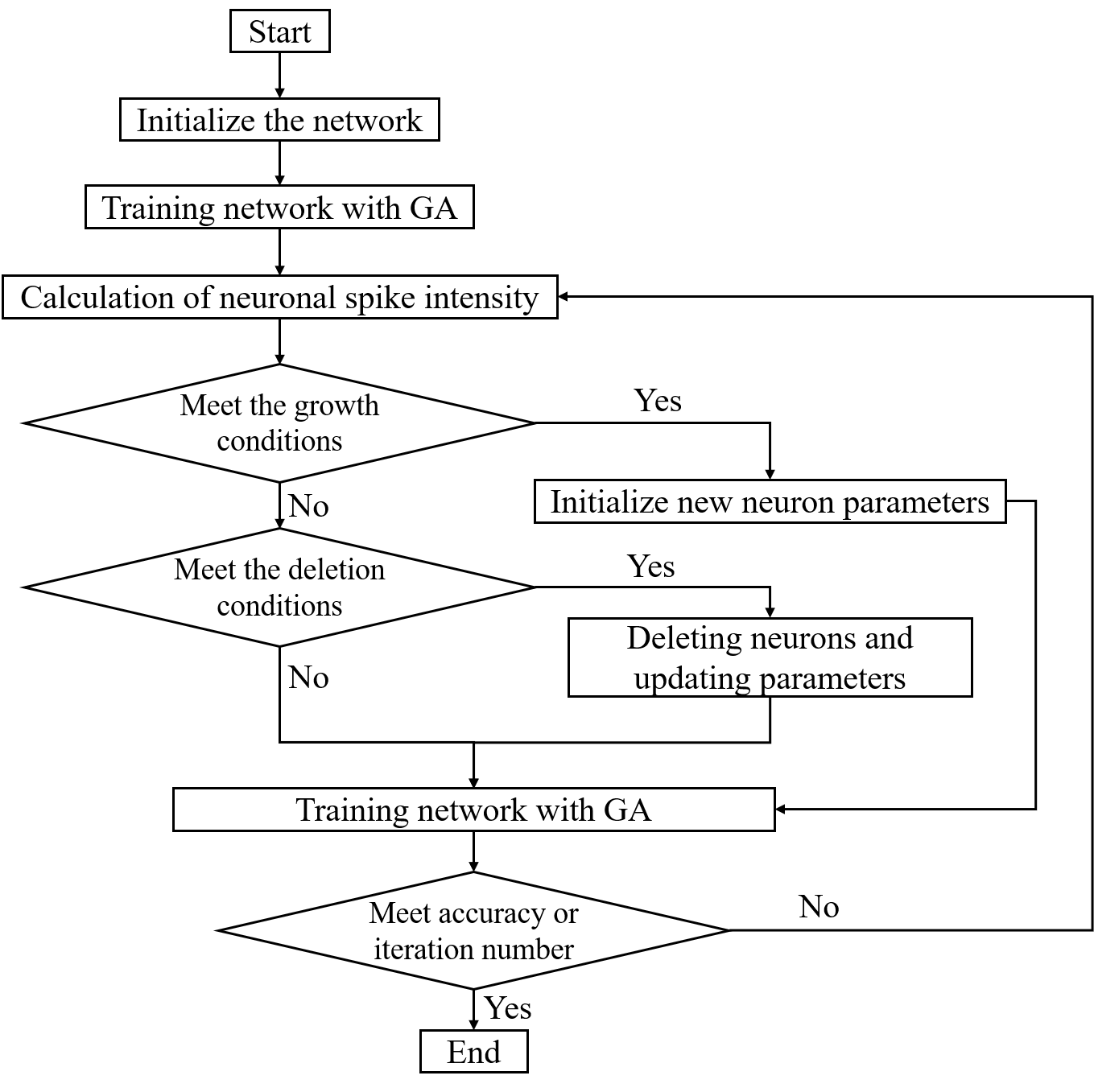 An open access journal
An open access journal
Renewable Energy Technologies: Advancing Clean Energy Sources
Abstract
Renewable energy technologies are at the forefront of advancing clean and sustainable energy sources to combat climate change and reduce reliance on fossil fuels. This paper explores the significance of renewable energy solutions, emphasizing their role in mitigating greenhouse gas emissions, diversifying energy portfolios, and promoting energy independence. It delves into various aspects, including solar photovoltaics, wind power, and hydropower generation. The discussion includes the benefits of renewable energy technologies, such as reduced carbon footprint, energy cost savings, and job creation in the green energy sector. Moreover, the paper addresses the challenges and considerations in implementing renewable energy projects, including grid integration, intermittency, and policy support. Through a review of case studies and technological advancements, the study highlights the positive outcomes associated with the adoption of renewable energy technologies, including a sustainable and low-carbon energy future.
Share and Cite
Article Metrics
References
- Archer, C. L., & Jacobson, M. Z. (2005). Evaluation of global wind power. Journal of Geophysical Research: Atmospheres, 110(D12).
- Chandrasekharam, D., & Rai, S. (2003). Geothermal energy resources of India. Current Science, 84(12), 1656-1664.
- Dincer, I., & Rosen, M. A. (2013). Exergy: Energy, Environment and Sustainable Development. Elsevier.
- Luque, A., & Hegedus, S. (2011). Handbook of Photovoltaic Science and Engineering. John Wiley & Sons.
- Nelson, J. (2011). The Physics of Solar Cells. Imperial College Press.






